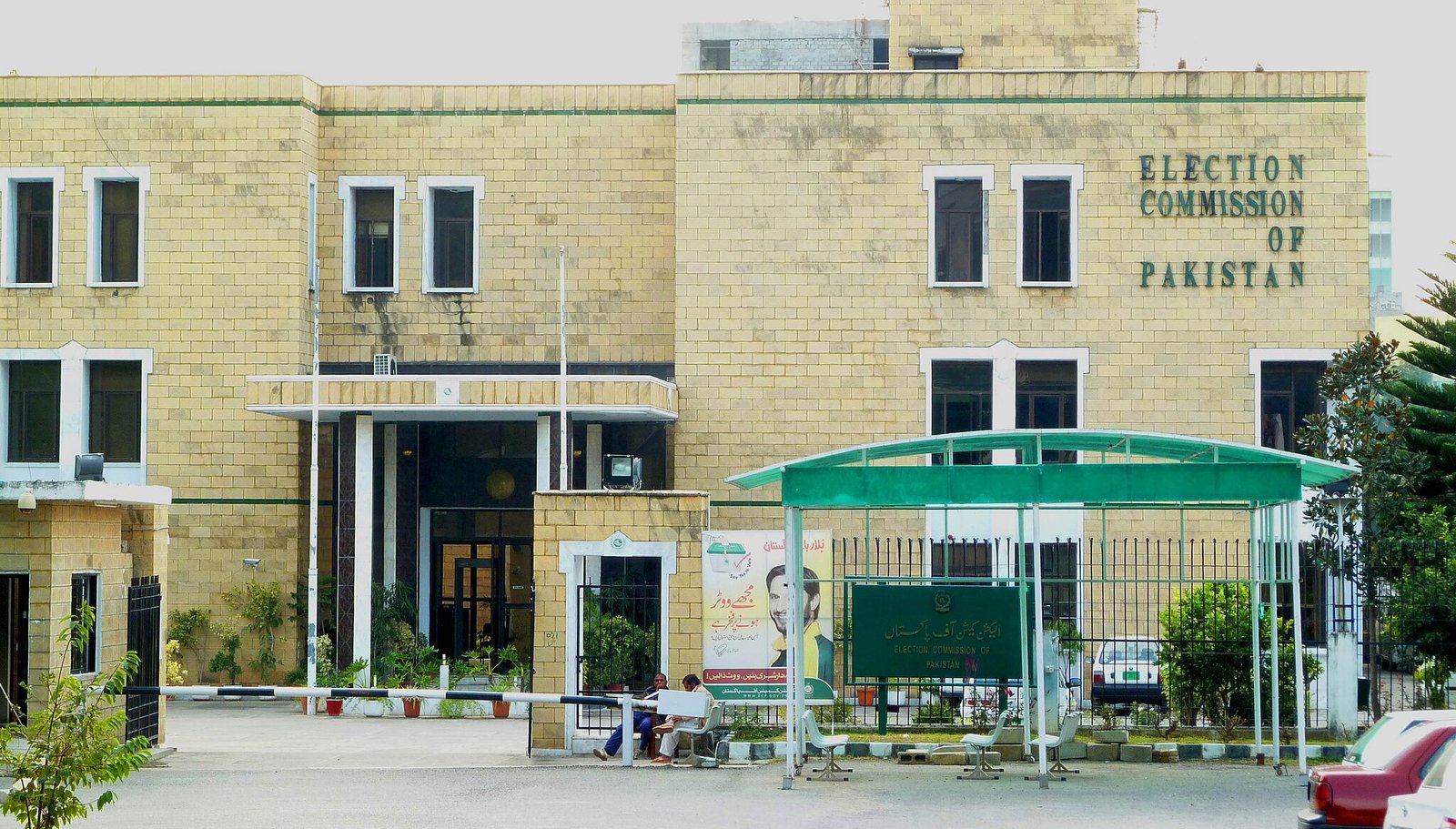PTI Lead and Hung Parliament
The aftermath of the recent Pakistani general elections has plunged the nation into a complex and dynamic situation, marked by political intricacies and growing tensions. Imran Khan’s Pakistan Tehreek-e-Insaf (PTI) may have secured a lead in seats, including independents and PTI supporters, but the road to forming a government remains arduous.
With 95 seats and support, PTI falls short of a clear majority in the National Assembly, which boasts a total of 264 seats. Other major contenders include PML-N led by Nawaz Sharif with 75 seats and PPP led by Bilawal Bhutto Zardari with 54 seats. Ongoing coalition negotiations are exploring various permutations to secure a stable government.
Protests and Tensions
Accusations of vote rigging by Khan and his supporters have ignited nationwide protests, raising concerns about political instability and the potential for violence. While the Election Commission and international observers assert the fairness of the elections, the political landscape remains tense.
Key Challenges
The challenges facing the nation are multifaceted. The foremost task is forming a stable government, an endeavor complicated by the absence of a clear majority. Any coalition government formed will likely grapple with internal pressures, raising concerns about potential instability.
Concurrently, addressing pressing economic challenges such as inflation, currency devaluation, and external debt hinges on a government capable of navigating these complex issues. The broader concern revolves around maintaining political and social stability, as the current situation exacerbates political polarization and sparks fears of unrest.
Uncertain Future
The outcome of ongoing coalition talks will significantly influence Pakistan’s political and economic trajectory. Whether the current tensions subside or escalate depends on the actions of key political players, including protesters and security forces. The military’s role, historically influential in Pakistani politics, is under scrutiny, adding another layer of complexity to the unfolding situation.
International Engagement
The international community is closely monitoring developments, urging all parties to engage in peaceful dialogue and find a resolution within the constitutional framework. The global call for stability highlights the potential impact of Pakistan’s internal affairs on the broader geopolitical landscape.
As Pakistan navigates this critical juncture, the nation braces for an uncertain future, where political decisions and actions will reverberate far beyond its borders.
